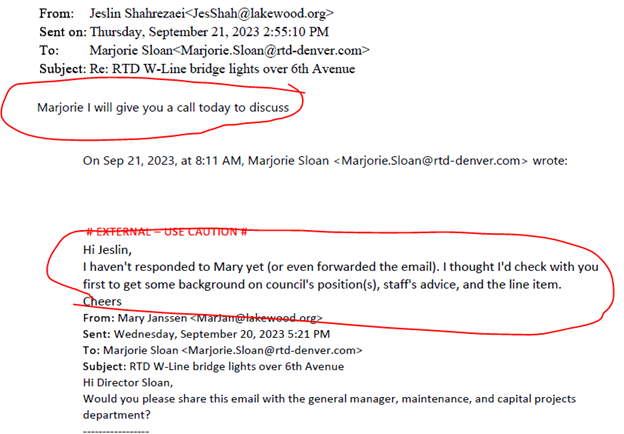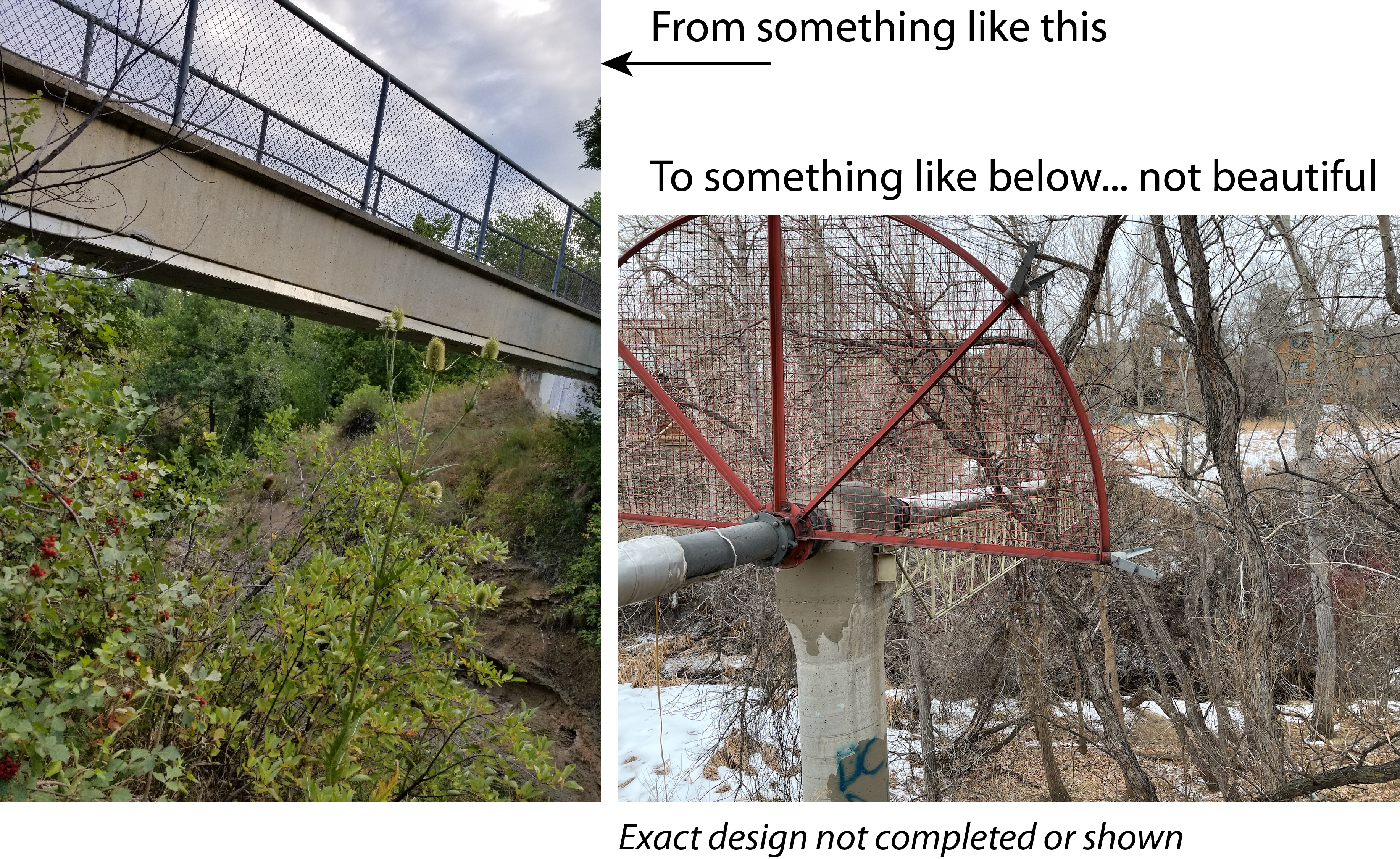In June 2023, the Lakewood Budget and Audit Board voted to recommend keeping future TABOR funds. To do that, they recommended finding a specialist to help find out what would make residents agree to this proposal. That decision seems to be proceeding, although requests for status have not yet been answered.
As this CBS News article points out, governments cannot spend money on political campaigns. Although keeping TABOR refunds will be a ballot issue, it is not now. Therefore, there is a loophole to be taken advantage of in order to craft a political message before announcing the ballot measure.
Jefferson County is doing the same so-called pre-campaigning for tax refunds. However, in the case of the county, they were very careful not to say that a decision had been made to keep the funds. Jeffco said they were just researching, which will include ways to craft ballot language.
Lakewood has already made the decision to keep the TABOR funds by a vote of the Budget and Audit Board. So a ballot issue is pending but is not yet announced. The Board discussed using the specialist to find out what residents would be willing to pay for so that they could use that language. Former Mayor Paul pointed out how successful that strategy was the last time.
Jefferson County was in the news for hiring a personal connection of Rep. Brittany Pettersen to research this TABOR issue.
Lakewood did not have to suffer this scrutiny because they reached out for three quotes that did not go over the limit which would require a public Request For Proposals. The decision did not come to Council as a separate policy decision that would require public discussion. The expense would have been included in the 2024 budget and approved at that time.
There is no word on the current status of this project. No Council Member responded to questions for status or where in the 2024 budget the funds were included.
Update 3 February 2024: Council Member Olver responded that the current Budget Board Council Members would be more likely to have answers. Currently that would be Councilors Rebekah Stewart, Jeslin Shahrezaei, Isabel Cruz.

Reader Recommended Business: Go With the Flow Plumbing


